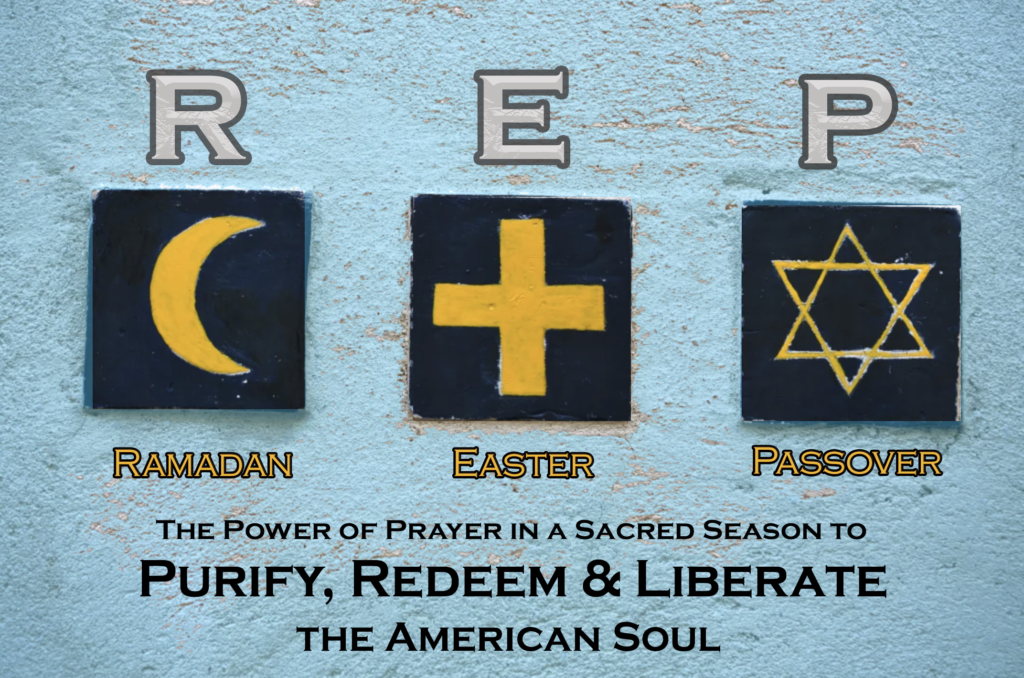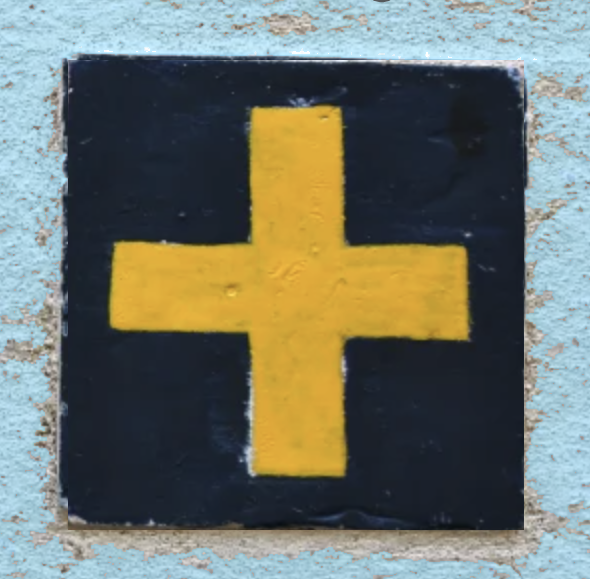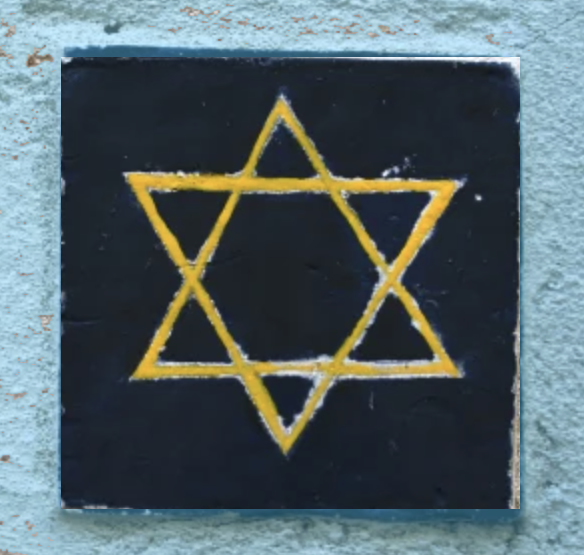
The first week of April of 2023 is a special moment among the three Abrahamic faith traditions–Judaism, Christianity and Islam–as major annual observances will overlap this year. Muslims will be midway through their month-long observance of Ramadan, during which they purify their intentions, words and actions. On April 2nd, Christians will celebrate Palm Sunday and the beginning of Holy Week leading up to redemption on Easter Sunday with the resurrection of Jesus. On April 5th, Jews will celebrate their liberation from bondage during the feast of Passover.
As the oldest interfaith peace organization in the nation, FOR believes this time is an opportunity to address our deepest concerns about the soul of our nation. In the light of the Christian nationalism that has been gaining prominence, we are calling out in support of Liberating, Purifying and Redeeming the American Soul.
In this spirit, we are asking our Jewish, Christian and Muslim members to pray together in a unique way. We are asking them to create and share a prayer from their tradition that addresses this terrible blight on the soul of our nation. We will share these prayers in the hopes that houses of worship from each of the Abrahamic faiths will choose to recite prayers from the other traditions in their services. We invite you to record the experience, or tell us about it, and we will share it with our audiences.
Ramadan

Ramadan, the ninth month of the Islamic calendar, marks the time in 610 A.D. when the first verses of the Qur’an were revealed by Allah (God) to the Prophet Muhammed through the Angel Gabriel. It consists of daily fasting from food, drink and worldly distractions from before sunrise to sunset, and is a time of intense devotion, prayer, abstinence and introspection, during which 1/30th of the Qur’an is read each day. In Ramadan, Muslims endeavor to pray each of the five daily prayers on time and to be focused on communicating to Allah with no distractions. The ultimate goal of this Blessed Month is to grow closer to Allah through physical and spiritual purification, and to seek the Lord’s mercy, forgiveness, and salvation from the Hell Fire. During this annual one-month “reset” period, Muslims try to devote themselves entirely to Allah in all of their intentions, thoughts and actions. It is the hope that with each passing Ramadan, Muslims will “raise the bar” in their obedience and submission to God, which will reflect in their internalization of Islam’s peaceful tenets and improved relationships with their families, neighbors, communities and humanity at large. As fasting is a time of abstention and sacrifice, it reminds Muslims to be grateful for their blessings and, in turn, to be generous to those in need.
In this regard, what greater gifts can there be than feeding and protecting the poor and the oppressed, and by joining with those of other Abrahamic faiths to transform the world?
“O humanity! We created you from a single pair of a male and a female, and made you into nations and tribes, that you may know each other (not that you may despise each other). Indeed, the most honored of you in the sight of Allah is the one who is the best in conduct. And Allah is the All-Knowing and All-Aware.” [The Holy Qur’an, The Dwellings, Chapter 49, Verse 13]
Ramadan, Day 22: A Prayer for Palestine
By Sohaib N. Sultan, JULY 19, 2014, published in Time Magazine
“May innocent children, women, and men who are victims of our collective evil rest in peace as they return to the One who is all-loving, most kind. May they experience an eternal life of bliss where they will never again have to hear another explosion or experience another painful wound. May their loved ones who are left behind find the inner peace and fortitude to live on. May God forgive us for our evils here on earth and for our lack of compassion, courage, and wisdom in these times. May God grant us strength and patience and show us the enlightened way of forgiveness, reconciliation, and peaceful coexistence. Amen.”
- If you would like to attend an Iftar (breaking of the fast at sunset) during the Blessed Month of Ramadan, contact your local Islamic Center to find out when they are hosting Community Iftars. These events are great opportunities not only to connect with Muslims, enjoy a meal, and learn more about Islamic culture and practices, but also to connect with folks of other faiths seeking to unite their communities.
- If you would like to learn more about Islam and Ramadan in particular, consider taking online classes at the Muslim Education and Converts Center of America (MECCA) https://meccacenter.com/, which offers a series of workshops throughout Ramadan, and FAQs about Islam: https://meccacenter.com/about/faq/
Are you interested in bringing Muslims and programs on Islam into your community? Consider connecting with the Islamic Networks Group (ING), a peace-building organization providing face-to-face education and engagement opportunities that foster understanding of Muslims and other misunderstood groups to promote harmony among all people. https://ing.org/
Easter

Easter
Palm Sunday, recalls the triumphant entry of Jesus into Jerusalem, and with that begins the holiest and most important of all the weeks in the Christian liturgical calendar. Jesus challenges the religious and political aristocracy. His provocative act of overturning the tables of money changers and confronting the religious and political nationalists of his day leads to his arrest, trial, and death on a cross, a Roman form of capital punishment and humiliation. The death of Jesus reveals the triumph of God. The resurrection that is celebrated on Easter morning is God’s answer to a world of death, oppression and hatred. God is saying that governments, politicians, and despots may kill, but God causes the poor and oppressed to live and even triumph. The proclamation of Passion week is God speaking to all of the powers of white privilege and Christian nationalism. God is saying that they don’t have the last word. God is with the poor, the marginalized, the immigrant, the oppressed, the beaten down, and the hopeless bringing light and uplift. We are reminded that God is acting in the world to bring liberation and to inspire us to overcome death encountered because of hatred and oppression.
LENT 2011: Reflection for Palm Sunday By Catholic Worker Jim Forest
Passover

The month of Nisan, in the Jewish calendar ushers in the “season of liberation,” a remembrance of the ancient and fierce journey the Jewish people took from the narrow place of enslavement, in the face of seemingly insurmountable odds, to a liberation led by G-d and manifested by the impacted people. During the Seder (order) dinner held every year on the first day of Passover, the story of, “the day you came out of Egypt, out of the land of slavery” is told through prayer and ritual. As we celebrate our liberation, we also grapple with acknowledging that the very institutions that we benefit from are the same ones that have, and continue to, deny others their justice, freedom, and equality.
During the Passover Seder, we give thanks that we were brought out of Egypt and slavery, given the 10 Commandments, and for the safety we live under as Americans, free of the persecutions we faced for centuries that culminated in the Holocaust – Dayenu (it would have been enough). Yet, we acknowledge that our own safety is not enough and that we are obligated – Tzedek, Tzedek Tirdof, (“Justice, Justice Shall you pursue”) is the duty that was bestowed upon us – to work to see that refugees are welcome, police killings cease happening, our trans brothers and sisters are safe, all are housed, fed, and guaranteed health insurance, and Christian nationalism does not endanger America. We must recognize as Jews, that our liberation is bound up with the liberation of the Palestinian people and rededicate ourselves to ending Israel’s systems of occupation and apartheid.
Your Child Will Ask
By Rabbi Brant Rosen
Your child will ask
why do we observe this festival?
And you will answer
it is because of what God did for us
when we were set free from the land of Egypt.
Your child will ask
were we set free from the land of Egypt
that we might hold tightly
to the pain of our enslavement
with a mighty hand?
And you will answer
we were set free from Egypt
that we might release our pain
by reaching with an outstretched arm
to all who struggle for freedom.
Your child will ask
were we set free from the land of Egypt
because we are God’s chosen people?
And you will answer
we were set free from the land of Egypt
so that we will finally come to learn
all who are oppressed
are God’s chosen.
Your child will ask
were we set free from the land of Egypt
that we might conquer and settle
a land inhabited by others?
And you will answer
we were set free from the land of Egypt
that we might open wide the doors
to proclaim:
Let all who are dispossessed return home.
Let all who wander find welcome at the table.
Let all who hunger for liberation
come and eat.
Rabbi Brant Rosen is the rabbi of the anti-Zionist congregation Tzedek Chicago. This poem appeared on his blog Shalom Rav on April 18, 2016.
Passover Resources from Jews for Racial and Economic Justice (JFREG)
Dayenu! Basta! Halas! We’ve had enough!, Prayer by Rabbi Lynn Gottlieb
A Prayer for Reparation and Restoration prayer by Rabbi Brant Rosen







